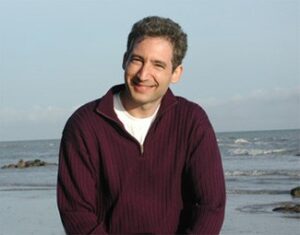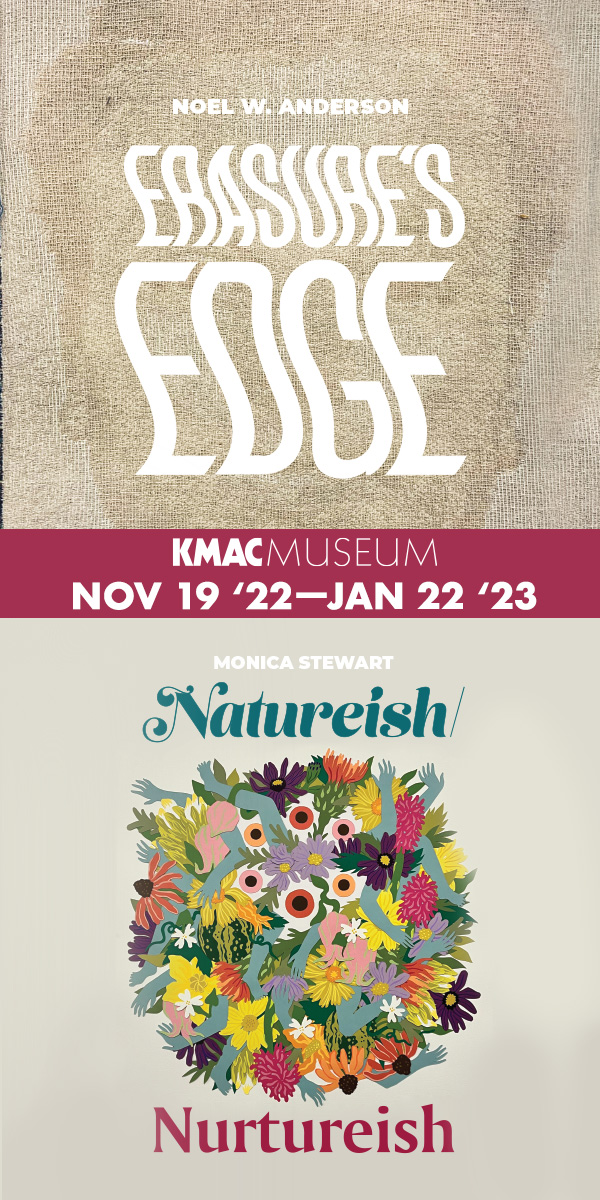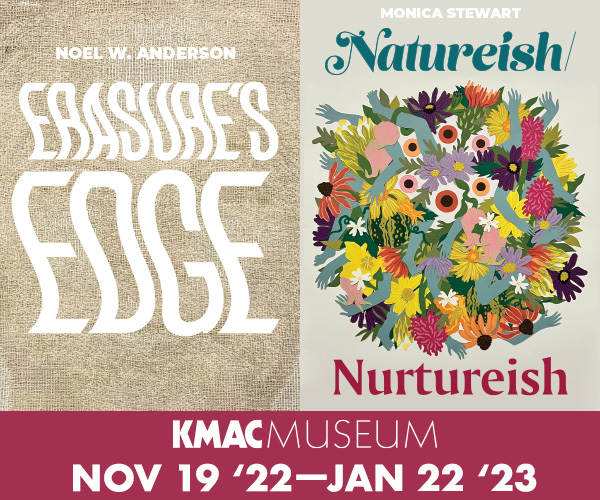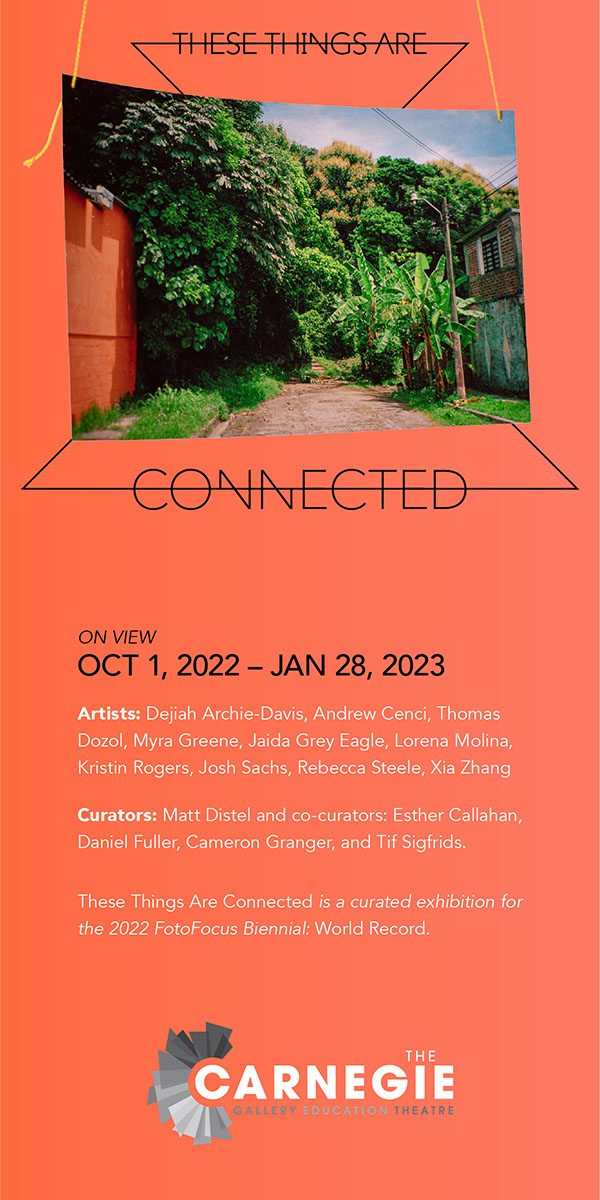Physicist Brian Greene
The Lexington Philharmonic recently presented Heroes: Eroica and Icarus in the orchestra’s Lexington Opera House debut. UnderMain music writer Charles Sebastian chatted with renowned physicist Brian Greene who conceived this modern retelling of the Greek myth of Icarus, replacing the sun of the original with a black hole in space.
First, some background: Eroica or Heroic Symphony was composed in 1804 and originally dedicated to Napoleon Bonaparte, though Beethoven later changed his mind. Longer and more richly textured than contemporary symphonic works of its day, the Eroica stands as a breakaway from the classical forms that preceded it. LexPhil conductor Scott Terrell contends that it is for this reason the symphony makes good sense adjacent to the Philip Glass score for Icarus on the Edge of Time.
The novella of Icarus was published in 2008 and sets the well-known story in space with images from the Hubble Space Telescope. The Philip Glass score was commissioned by the World Science Festival in New York, the brainchild of Greene. It has developed a great deal of momentum since its inaugural year in 2008. The film accompanying Icarus was created by surrealist filmmakers Al and Al, with a narrative by Brian Greene and playwright David Henry Hwang, who is perhaps best known for his award-winning play, M. Butterfly. In the Lexington performance, Kentucky Poet Laureate Frank X Walker will provide the narrative.
Here’s Sebastian’s conversation with Dr. Greene, speaking from his office in New York City:
What was the germ of Icarus? The one thing that let you know this was the story?
“The Greek myth had fascinated me since childhood, but the deeper piece is about being willing to go against the norm. Being willing to break out of the box with science or with anything is essential to progress and these are the things that create a whole new world. Science is a great story of adventure.”
Why use the media of film and music for science?
“Melding film and music with these scientific ideas I feel teaches science in a deeper way. The recognition of how science affects our daily lives is essential to the quality of our lives and our knowledge of the world around us and ourselves.”
You’re known mainly for your scientific writings. Are you still teaching?
“Oh yes! I maintain my position at Columbia University as a professor of mathematics and physics and I have my graduate students. Writing was a hobby that took off. It makes for a busy schedule. Then there is the World Science Festival, started by me and my wife.”
What role, if any, does education play in Icarus?
“Icarus fits with the general perspective in all my books, which is that they must make science penetrating. The language of science is math and many people have to have it translated. The ideas of science can be big and hard to fathom, and no one wants to feel stupid. By educating through the arts, these ideas are more accessible to most people.”
Was this your first time working with Philip Glass?
“Yes. I didn’t know what to expect. We met on a panel some time ago, he probably doesn’t remember it, but I do, because it happened to be where I met my wife. I sent him a story after the discussion. That was ten years ago.”
That sounds memorable. What was the collaboration with Glass like?
“Highly collaborative. He really wanted to understand the science behind Icarus. He asked me down to his studio one night around 11 o’clock. He was trying to understand how a black hole functions; he was very thorough with his questions and stayed open to my thoughts. Fortunately, we live in the same city, so it was a quick trip to his place.”
Whose decision was it to bring David Henry Hwang into the project?
“Glass’s. He had used Hwang on many previous projects as a librettist and felt it would add to the overall impact if he had a role in the writing.
How many times has Icarus been performed at this point?
“The Lexington performance is around 25. It’s been around the world in places as exotic as Malta.”
Had you delved into theatre or film prior to this?
“Yes. I developed another show that ran for three performances called Spooky Action, which deals with the concept of quantum entanglement. It premiered at the World Science Festival here in New York.”
What is the main ingredient for Icarus that you feel has made it a popular piece?
“I believe it works on so many different levels. Boys and men like it because it is a hero adventure, but then there is the science that goes along with it, that makes it different than the myth from which it’s borrowed.”
It’s obvious in this case that science is affecting the arts. Do you feel your piece somehow affects science, in reverse order?
“It’s a two-way street. Icarus may open up more avenues in art and it might dovetail back into science and somehow affect processes within it. It’s hard to say, but I would like to think that would be the case.”
How do you find working in collaboration?
“It’s one of the things that most excites me: working in new forms with others. I can spread my own wings in ways that are challenging and new.”
Will we hear more about Icarus?
“A sequel is planned, hopefully to coincide with the 100th anniversary of General Relativity.”





